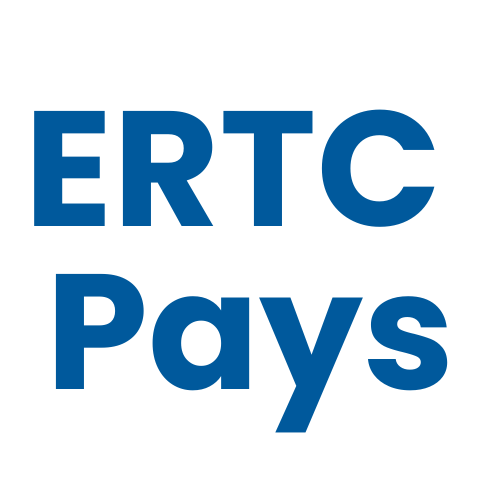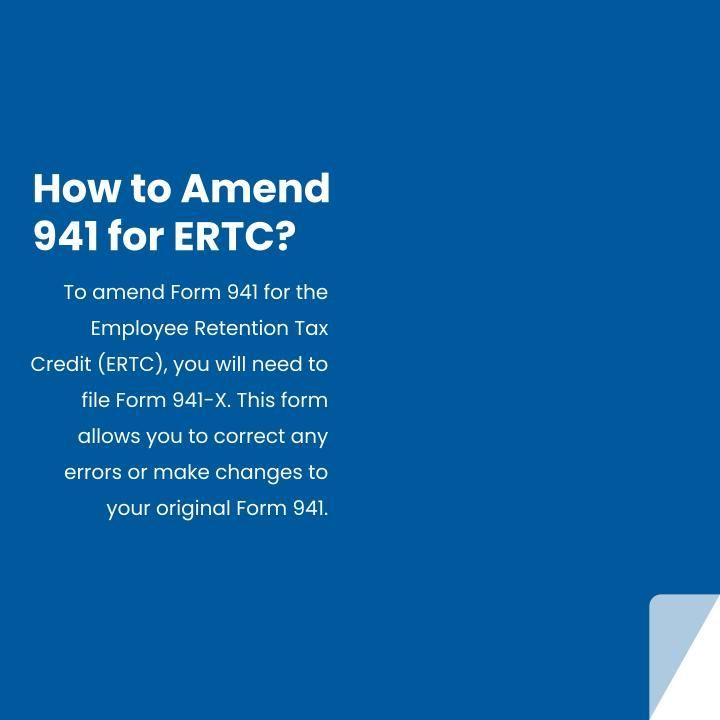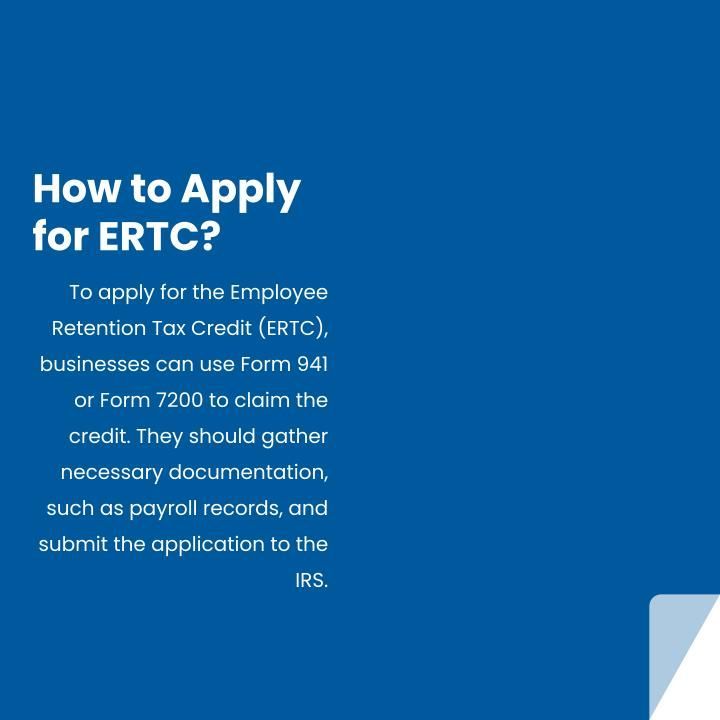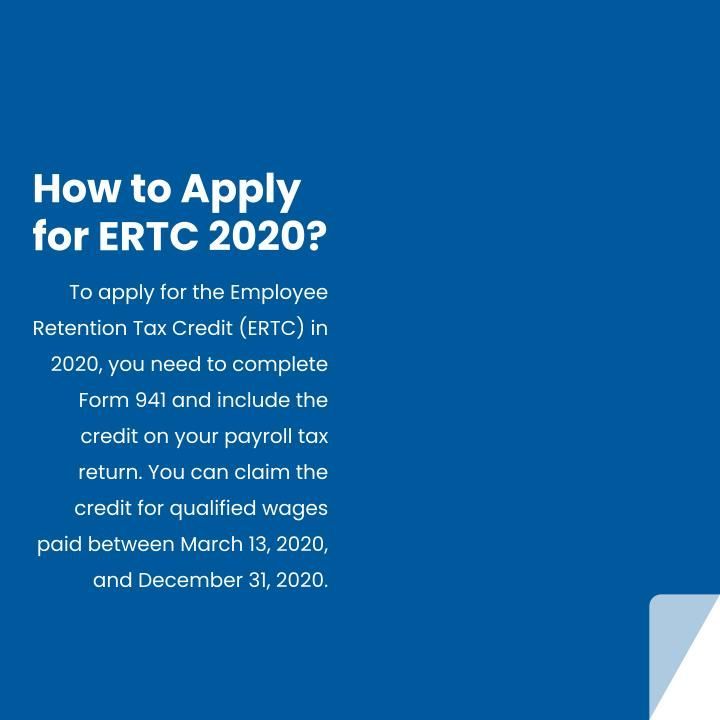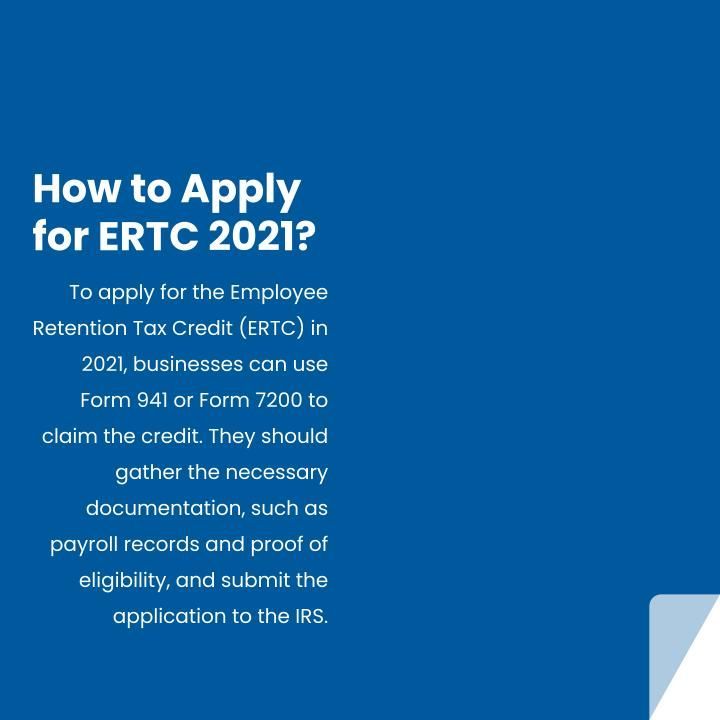Is the ERTC (Employee Retention Tax Credit) Taxable?
Is the ERTC taxable?
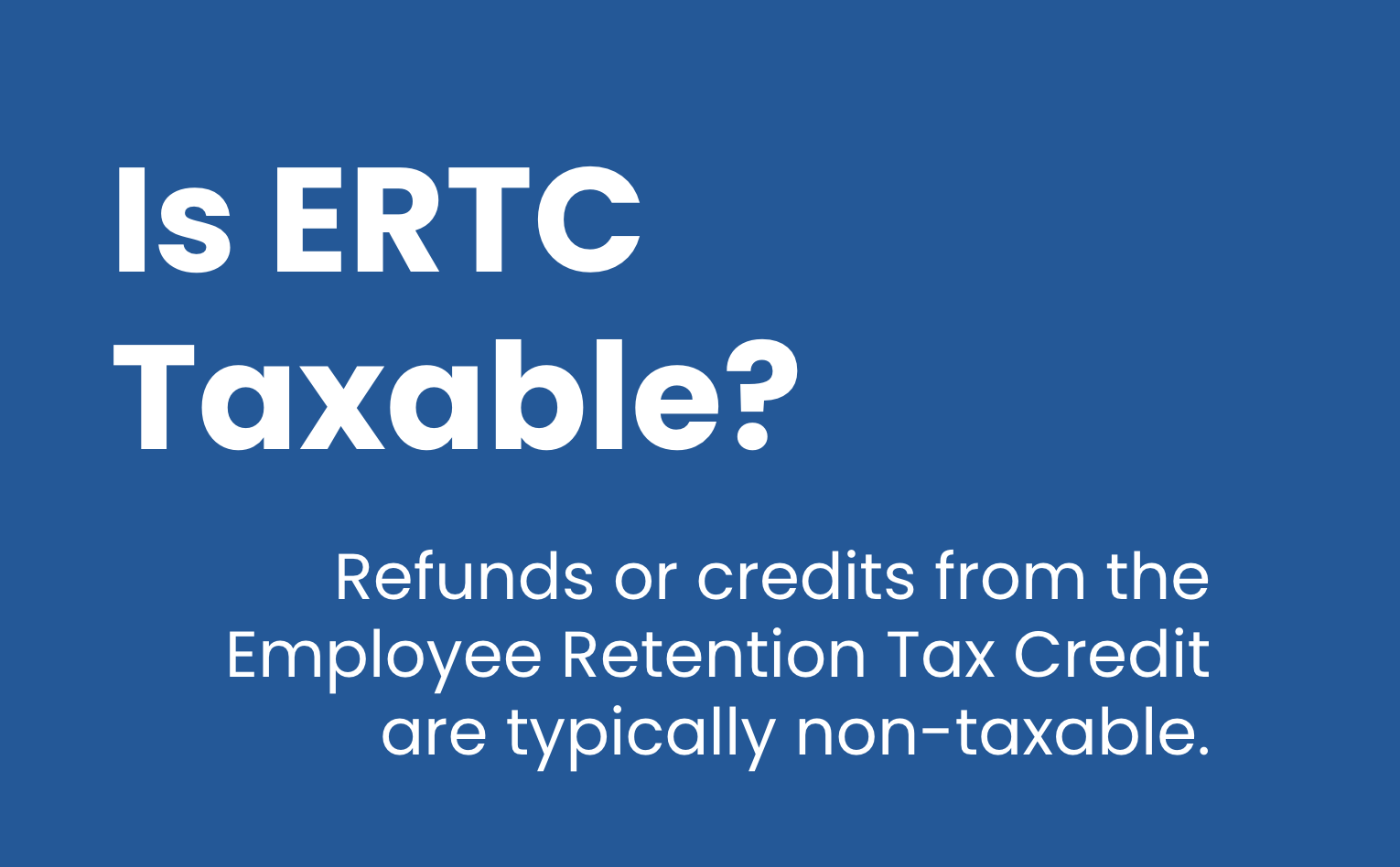
Is ERTC Taxable?
No, the Employee Retention Tax Credit (ERTC) is not taxable income4. The ERTC is a refundable tax credit that rewards businesses for keeping employees during the COVID-19 pandemic[2]. It is designed to provide financial relief to eligible employers and encourage them to retain their workforce[3]. While the ERTC is not taxable, it is subject to cost disallowance laws that essentially render it taxable[4]. It's important to consult with a qualified tax professional to understand the specific tax implications and requirements related to the ERTC.
Understanding the Employee Retention Tax Credit
Here are some key points to understand about the ERTC:
- Purpose: The ERTC was introduced as part of the CARES Act relief package to incentivize businesses, especially smaller ones, to retain their employees during government shutdowns and economic challenges caused by the pandemic[3].
- Eligibility: To qualify for the ERTC, businesses must meet certain criteria, including experiencing a significant decline in gross receipts or a full or partial suspension of operations due to government orders[3]. It's important to review the specific eligibility requirements to determine if your business qualifies.
- Credit Amount: The ERTC allows eligible employers to claim a credit against certain employment taxes based on qualified wages paid to employees[1]. The credit amount is calculated as a percentage of qualified wages, with specific rules and limitations depending on the time period and the size of the employer[3].
- Claiming the Credit: Employers can claim the ERTC on their federal employment tax returns, such as Form 941[6]. It's crucial to accurately calculate the credit and ensure compliance with IRS guidelines and documentation requirements.
Beware of Scams and Consult Professionals
While the ERTC provides valuable financial relief to eligible employers, it's important to be aware of potential scams and misleading information[6]. The IRS has warned about scammers taking advantage of businesses and individuals seeking to claim the ERTC[2]. To navigate the complexities of the ERTC and ensure compliance, it's advisable to consult with a qualified tax professional who can provide guidance tailored to your specific situation.
In conclusion, the Employee Retention Tax Credit (ERTC) is not taxable income. It is a refundable tax credit designed to support businesses during the COVID-19 pandemic by incentivizing employee retention. However, it's essential to understand the specific eligibility requirements, calculate the credit accurately, and consult with tax professionals to ensure compliance with IRS guidelines and avoid potential scams.
Other ERTC Blog Posts and Updates
Free ERTC Eligibility Check with an Advisor
Affiliate Disclosure: Our advisors are from third-party ERTC advisory companies who can help you determine your eligibility and claim the ERTC at no upfront cost to you. They take their fee AFTER the tax credit is deposited and can offer funding if you don't want to wait. ERTCPays.com receive a small referral fee if you choose one of our recommended companies.
